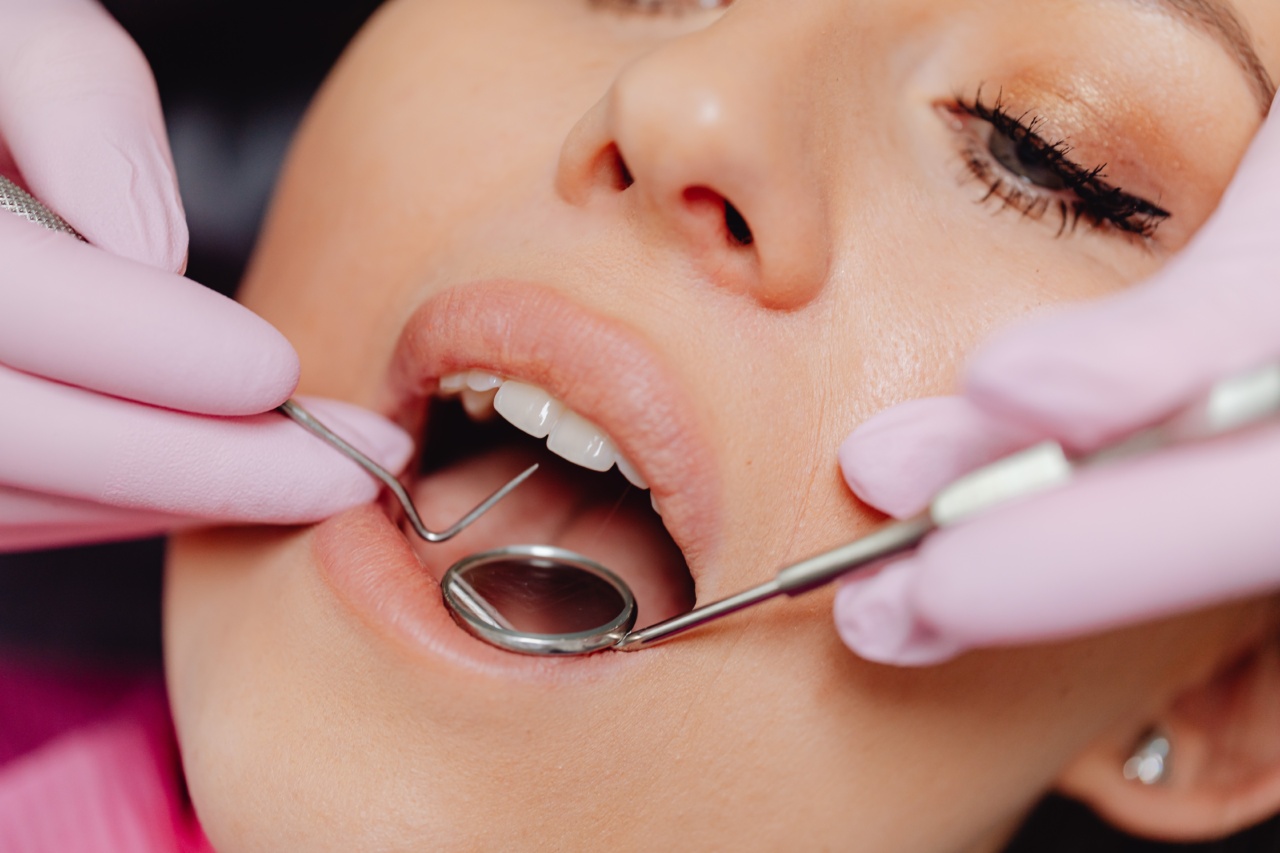Welcome to our comprehensive guide on how to care for your baby’s teeth! As a parent, it is crucial to ensure that your little one’s dental health is given the attention it deserves from an early age.
Proper oral care not only promotes healthy teeth and gums but also establishes good dental habits that can last a lifetime. In this article, we will walk you through all the necessary steps and tips to ensure your baby’s teeth stay healthy and shiny. Let’s dive in!.
When Do Baby’s Teeth Start to Emerge?
The eruption of baby teeth, also known as primary teeth or milk teeth, is an exciting milestone in your child’s development. Most babies start teething between 4 to 7 months of age, although it can vary from one baby to another.
The lower front teeth, also called the central incisors, are usually the first to appear, followed by the upper front teeth.
Why Is Oral Care Important for Babies?
Oral care is vital for babies as it helps maintain their dental health and overall well-being. It contributes to proper chewing, speech development, and even facial appearance.
Additionally, good oral hygiene in infancy sets the foundation for healthy teeth and gums in adulthood. By instilling good oral habits early on, you can prevent tooth decay, gum disease, and potential dental issues later in life.
Caring for Your Baby’s Teeth: Step by Step
1. Start Even Before the First Tooth Emerges
Caring for your baby’s oral health should begin even before their first tooth appears. Gently wipe your baby’s gums with a clean, damp cloth after each feeding to remove bacteria and prevent buildup.
This practice also helps your baby become accustomed to having their mouth cleaned.
2. Introduce a Toothbrush at the Right Time
Once your baby’s first tooth emerges, usually around 6 months, it’s time to introduce a soft-bristled infant toothbrush. Look for a toothbrush specifically designed for babies with a small head and a long handle for easy handling.
Initially, you can wet the toothbrush with water and gently brush your baby’s tooth/teeth, gradually transitioning to a rice-grain-sized smear of fluoride toothpaste by the age of 18 months.
3. Implement Proper Brushing Techniques
Proper brushing techniques are essential to ensure effective cleaning without causing any harm to your baby’s gums. Here’s a step-by-step guide:.
– Hold the toothbrush at a 45-degree angle against the gum line.
– Make gentle circular motions to clean both the teeth and gums.
– Pay extra attention to each tooth surface and ensure all areas are covered.
– Brush for at least two minutes twice a day, preferably after breakfast and before bedtime.
4. Encourage Spitting, but Avoid Toothpaste Swallowing
Although it’s natural for babies to swallow toothpaste, it’s essential to teach them to spit it out as they grow older.
Fluoride toothpaste is beneficial for preventing tooth decay, but excessive swallowing can lead to a condition known as dental fluorosis. Until your child can spit out toothpaste effectively, use a minimal amount suitable for their age and avoid toothpaste containing fluoride in the early stages.
5. Establish a Consistent Oral Care Routine
Consistency is key when it comes to oral care. Set a routine for brushing your baby’s teeth and make it a pleasant experience. Develop a pattern that your child recognizes and feels comfortable with.
Consistency will reinforce the importance of oral health and make dental hygiene a natural part of your baby’s daily life.
6. Monitor their Diet
The food your baby consumes plays a significant role in their oral health. Avoid prolonged exposure to sugary liquids, such as juices and sweetened drinks, as this can cause tooth decay.
Additionally, limit the consumption of sticky and starchy foods that tend to cling to the teeth. Instead, focus on a balanced diet consisting of fruits, vegetables, lean proteins, and whole grains, which promote healthy teeth and gums.
7. Limit Pacifier Use and Thumb Sucking
While pacifiers and thumb sucking serve as soothing mechanisms for babies, prolonged use can impact their dental health. Excessive use of pacifiers or thumb sucking can lead to misalignment of the teeth and create problems with jaw development.
Encourage your child to gradually reduce these habits as they grow older to prevent potential dental complications.
8. Schedule Regular Dental Check-ups
Regular dental check-ups are essential for monitoring your baby’s oral health and addressing any potential issues at an early stage.
The American Academy of Pediatric Dentistry recommends that your child should have their first dental visit by the age of one or within six months after their first tooth erupts. These visits allow the dentist to assess tooth development, provide guidance on oral care, and detect and prevent any dental problems.
9. Lead by Example
Children often learn by observing their parents or older siblings, making them natural imitators. Take advantage of this by showcasing your own good oral care habits.
Make brushing a family affair, allowing your baby to watch and imitate as you care for your own teeth. This not only fosters a positive association with dental care but also reinforces the importance of oral health as a lifelong practice.
10. Be Mindful of Teething Discomfort
Teething can be a challenging phase for both babies and parents. As your baby’s teeth erupt, they may experience discomfort and pain.
To help alleviate this, you can gently massage their gums with a clean finger or provide a chilled teething ring for them to chew on. You can also consult with your pediatrician about safe pain relief options.
Conclusion
Caring for your baby’s teeth is a responsibility that should not be taken lightly.
By following these essential tips and maintaining a consistent dental care routine, you can ensure that your baby’s teeth stay healthy and strong throughout their early years and beyond. Remember, establishing good oral hygiene habits from a young age sets the stage for a lifetime of bright smiles and optimal dental health. Start early, stay consistent, and enjoy the journey towards a healthy smile for your little one!.



























